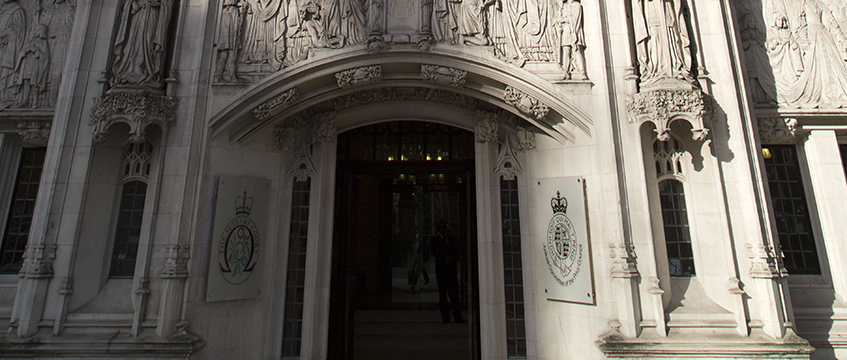The dispute between UK insurers and the Financial Conduct Authority over business interruption insurance during the Covid pandemic went to the UK’s highest court today.
Judges at the Supreme Court have begun hearing submissions from lawyers representing the FCA and the insurance industry over how the wording of various business interruption policies should be interpreted.
The case is time-sensitive as it involves around 370,000 policyholders who, owing to complicated wording, are unsure whether they are entitled to make a claim for business interruption as a result of Covid-19. It has been fast-tracked from the High Court, which gave its judgment in September,
That ruling “is probably the most important insurance decision of the last decade,” lawyers for the FCA said in written submissions today.
It is “a decision of substantial importance to many thousands of businesses who are watching the progress of this case with, in some cases, desperate interest”.
The judgment that is being appealed is complicated.
The 162-page ruling does not expressly come down on one side or the other. Instead, it goes though the wordings brought up at the trial and provides specific guidance.
However, the FCA says the judges backed the arguments brought by lawyers representing policyholders in “the majority of key issues”.
The FCA, however isn’t complete satisfied with the ruling itself. It argues that “it was not successful on all points” and is seeking to appeal four issues in the ruling.
It says that four “inconsistencies and errors” in the judgment “provide substantial obstacles to indemnity for a large number of insureds”.
The Supreme Court has allowed four days for the hearings, which is being held via video conference.
The judges hearing the case are Lord Hodge, Lord Reed, Lord Briggs and Lord Hamblen.
The insurers appealing are Arch Insurance (UK), Argenta Syndicate Management, MS Amlin Underwriting, Hiscox, QBE UK, Royal & Sun Alliance and Zurich.
Hiscox Action Group, which represents Hiscox customers, is also taking part in the appeal.










